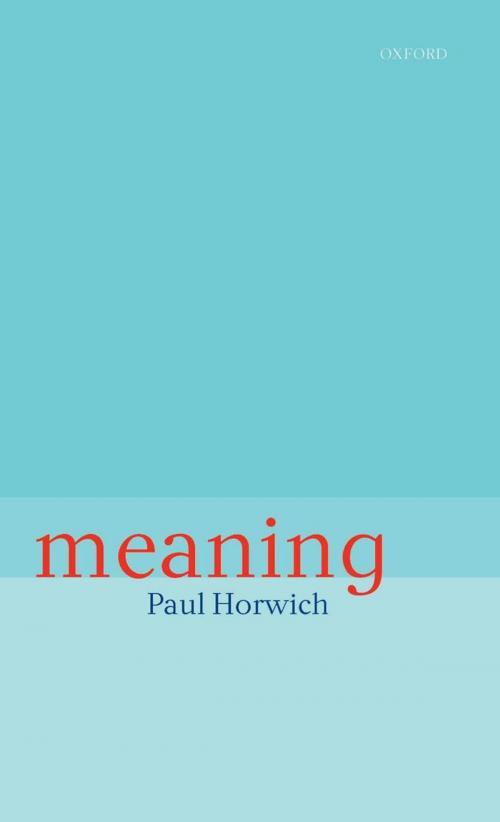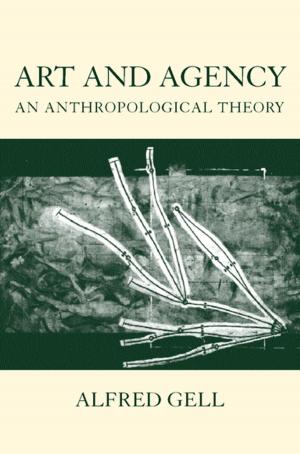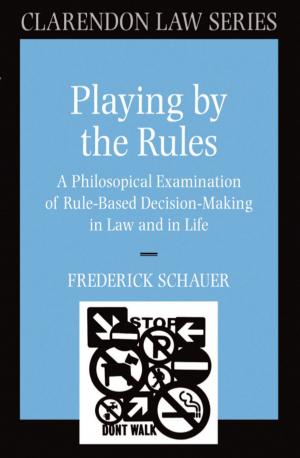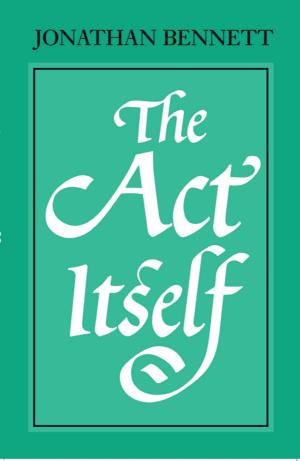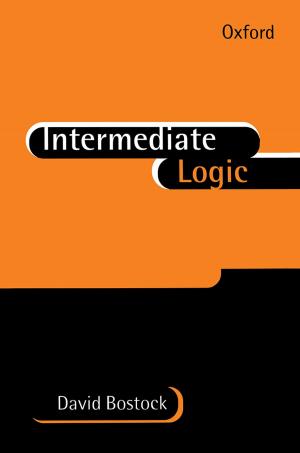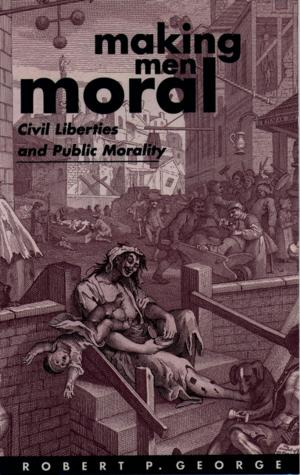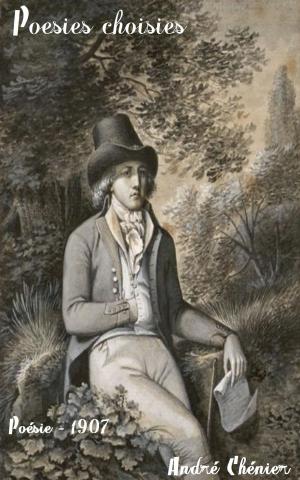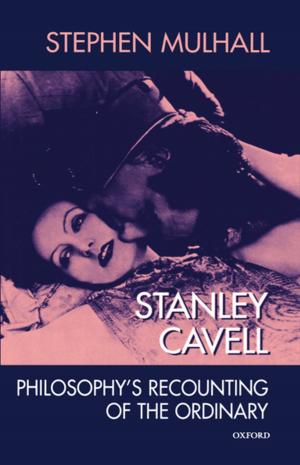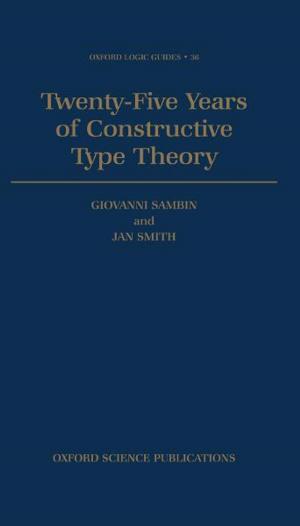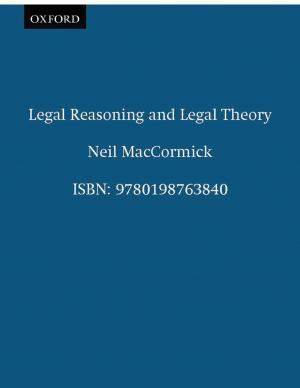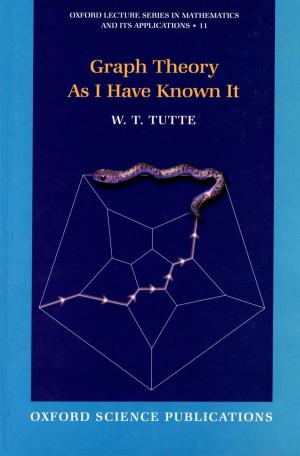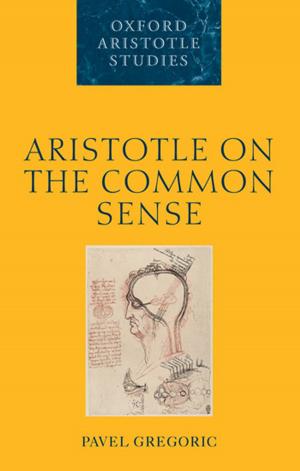Meaning
Nonfiction, Religion & Spirituality, Philosophy, Phenomenology, Reference & Language, Language Arts| Author: | Paul Horwich | ISBN: | 9780191574009 |
| Publisher: | Clarendon Press | Publication: | December 3, 1998 |
| Imprint: | Clarendon Press | Language: | English |
| Author: | Paul Horwich |
| ISBN: | 9780191574009 |
| Publisher: | Clarendon Press |
| Publication: | December 3, 1998 |
| Imprint: | Clarendon Press |
| Language: | English |
What is meaning? Paul Horwich presents an original philosophical theory, demonstrates its richness, and defends it against all comers. At the core of his theory is the idea, made famous by Wittgenstein, that the meaning of a word derives from its use; Horwich articulates this idea in a new way that will restore it to the prominence that it deserves. He surveys the diversity of valuable insights into meaning that have been gained in the twentieth century, and seeks to accommodate them within his theory. His aim is not to correct a common-sense view of meaning, but to vindicate it: he seeks to take the mystery out of meaning. Horwich's 1990 book Truth established itself both as the definitive exposition and defence of a notable philosophical theory, `minimalism', and as a stimulating, straightforward introduction to philosophical debate about truth. Meaning now gives the broader context in which the theory of truth operates, and is published simultaneously with a revised edition of Truth, in which Horwich refines and develops his treatment of the subject in the light of subsequent discussions, while preserving the distinctive format which made the book so successful. The two books together present a compelling view of the relations between language, thought, and reality. They will be essential reading for all philosophers of language.
What is meaning? Paul Horwich presents an original philosophical theory, demonstrates its richness, and defends it against all comers. At the core of his theory is the idea, made famous by Wittgenstein, that the meaning of a word derives from its use; Horwich articulates this idea in a new way that will restore it to the prominence that it deserves. He surveys the diversity of valuable insights into meaning that have been gained in the twentieth century, and seeks to accommodate them within his theory. His aim is not to correct a common-sense view of meaning, but to vindicate it: he seeks to take the mystery out of meaning. Horwich's 1990 book Truth established itself both as the definitive exposition and defence of a notable philosophical theory, `minimalism', and as a stimulating, straightforward introduction to philosophical debate about truth. Meaning now gives the broader context in which the theory of truth operates, and is published simultaneously with a revised edition of Truth, in which Horwich refines and develops his treatment of the subject in the light of subsequent discussions, while preserving the distinctive format which made the book so successful. The two books together present a compelling view of the relations between language, thought, and reality. They will be essential reading for all philosophers of language.
